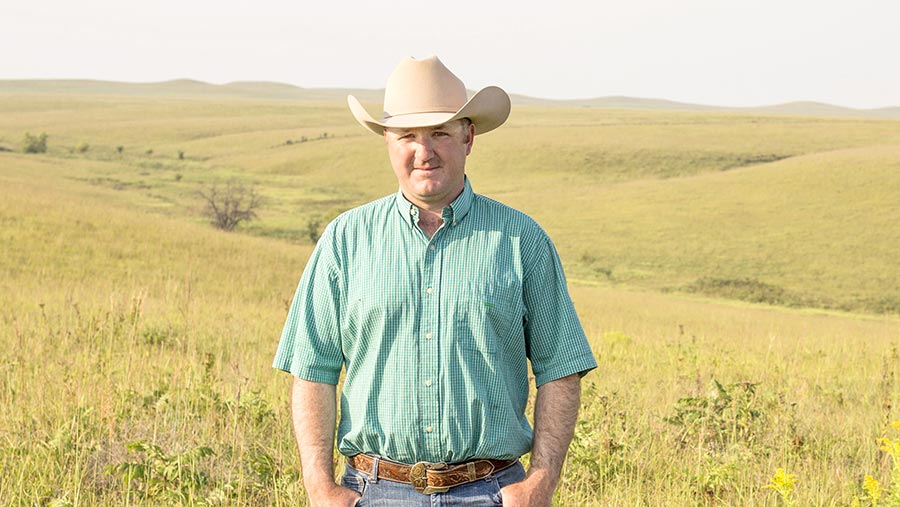Farmer Focus: Rural US still feels brunt of China trade war
 © Kandace Griffin
© Kandace Griffin The year is finally coming to an end. If you have read my previous columns or followed US agricultural news you know 2019 has been a dismal year for us.
Weather, markets, and politicians have combined to bash us over the head wherever we turned. But 2020 is setting up to maybe start changing things.
The politicians will be up for re-election for starters. They won’t focus on us so much because at the end of the day, they don’t care.
See also: 5 reasons why US ranching is not for the fainthearted
The China trade news will still drive a lot of prices. I would guess the Chinese will only make a deal if they think Trump will win.
They will mop the floor with any of the Democrats running, so if they think they can stall and improve their position, they will.
The agricultural markets are turning into a really interesting case study of free market movements and it shows the distortion direct payments can cause. The cattle markets are starting to show glimmers of hope.
Economists like to say the cure for low prices is low prices. Heifer slaughter as a percentage of total animals harvested is the highest in 18 years.
It is 7% higher than a year ago when the wheels were starting to come off. No one wants to expand.
Meanwhile, because of the weather there are absolute train wrecks happening during this year’s pregnancy checks out in the country.
All of those open cows are being sent to slaughter as well, and we aren’t replacing them. It will put a dent in our supply that will last for years.
We are setting up to be able to feed them cheaply too. The arable farmers keep getting Market Facilitation Programme (MFP) payments from the Trump administration as an apology for all the trade wars.
There are mountains of unused grain out in the countryside. Bins are full, so they are just storing it on the ground.
However, these payments are linked directly to production, so corn growers will only be encouraged to plant even more acres in 2020.
The saying should maybe go like, “The cure for low prices is low prices, until the government is involved, then they will stay low for a long time!”
Daniel Mushrush is a Farmer Focus writer from Kansas. Read his biography.
